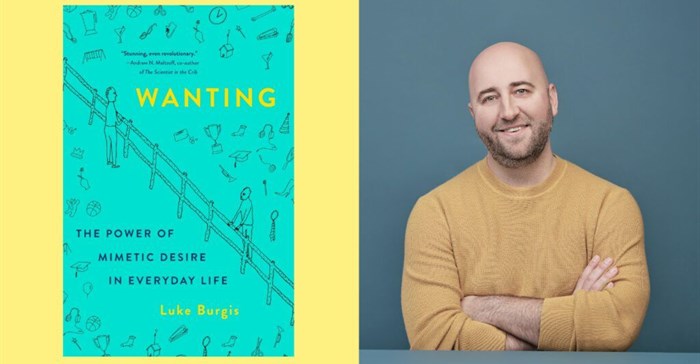#PulpNonFiction: Why we want what we want

Luke Burgis’s Wanting: The Power of Mimetic Desire in Everyday Life should be required reading for every marketer - or indeed every entrepreneur. After all, if we’re in business, we’re in the business of selling something, that is, persuading someone to want whatever it is that we are offering.
I’ll have what she’s having
Wanting is about why we want what we want. In the book, Burgis simplifies and explains René Girard’s theory of mimesis to make it practically accessible as a tool, to better understand the desires of others - and our selves. In essence, the theory of mimesis shows us that what we really want is not simply what other people have, we really want what other people want. In other words, the desires that drive us are a kind of recursive loop or infinite hall of mirrors, we want what other people want, and they want what we want - this endless cycle of envy drives our personal lives, the whims of fashions and fame, and even the course of history at large.
Upward or downward spirals?
Understanding this deceivingly simple profound truth can help you make better decisions about your personal life and your business. As Luke explains in the book, mimetic loops can be incredibly destructive when we allow our lives and our offices to be overrun with envious, endless competition and rivalry.
However, as Luke also explains, when we are more conscious about our propensity for envy and mimicry, we can make better choices to either remove ourselves from destructive rivalrous relationships or to replace poor mimetic models with better-chosen ones that drive us to become the best, rather than the worst versions of ourselves.
If envy appears to make the world go around, best we understand how to better direct our basest desires to higher ground.































